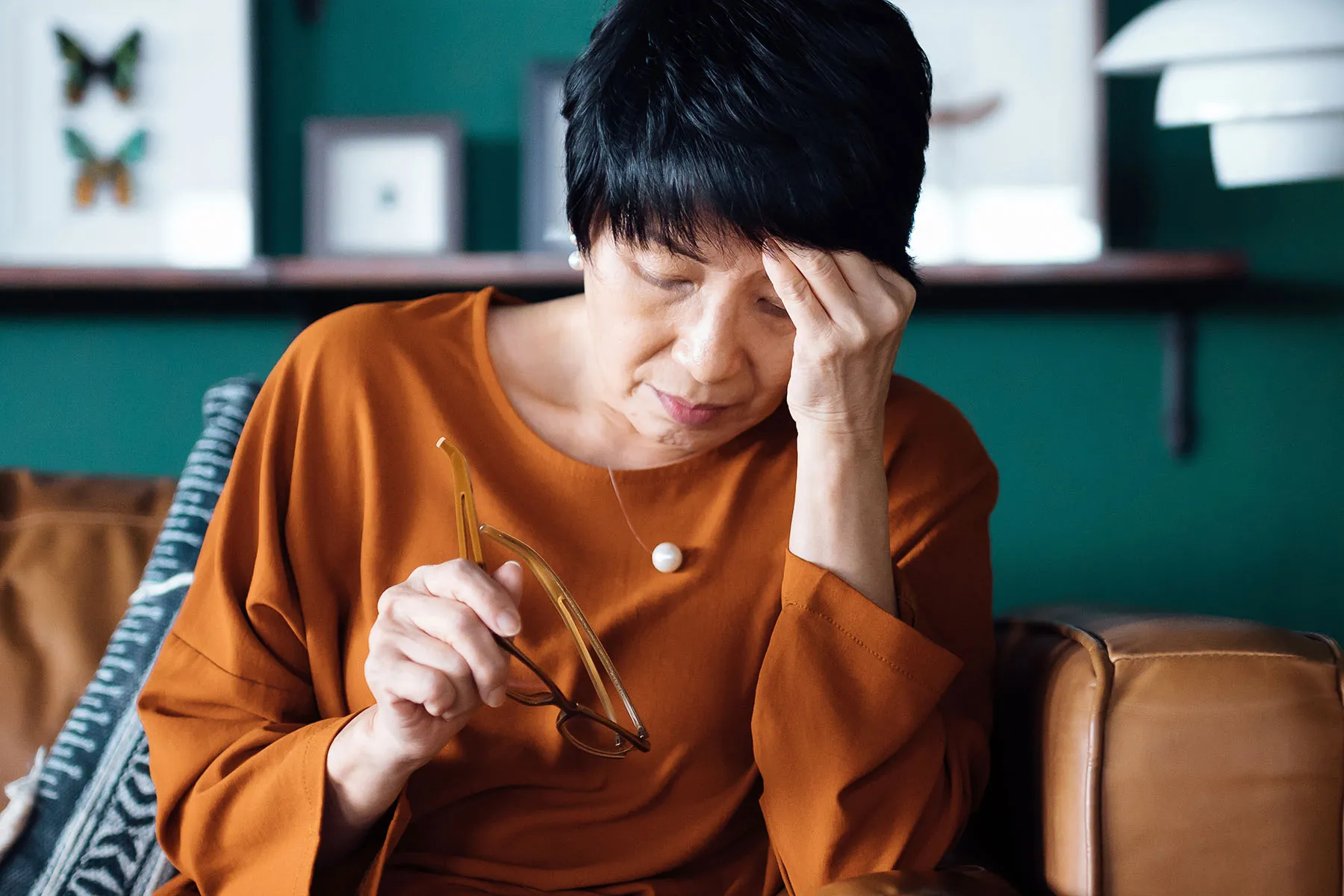IMAGE PROVIDED BY:
1)AsiaVision / Getty Images
SOURCES:
American Journal of Obstetrics and Gynecology: “Obesity, smoking, and risk of vasomotor menopausal symptoms: a pooled analysis of eight cohort studies.”
Frontiers in Neurology: “Menopause and Brain Health: Hormonal Changes Are Only Part of the Story.”
Menopause Review: “Psychosomatic and vasomotor symptom changes during transition to menopause.”
American College of Obstetricians and Gynecologists: “What Can I Do to Help With Hot Flashes?”
Cleveland Clinic: “Hot Flashes.”
Institute for Clinical and Economic Review: “Menopause: Vasomotor Symptoms.”
Mayo Clinic: “Hot Flashes,” “Weight Gain in Women at Midlife: Unique Issues in Management and the Role of Menopausal Hormone Therapy.”
The North American Menopause Society: “Drink to Your Health at Menopause, or Not?”

